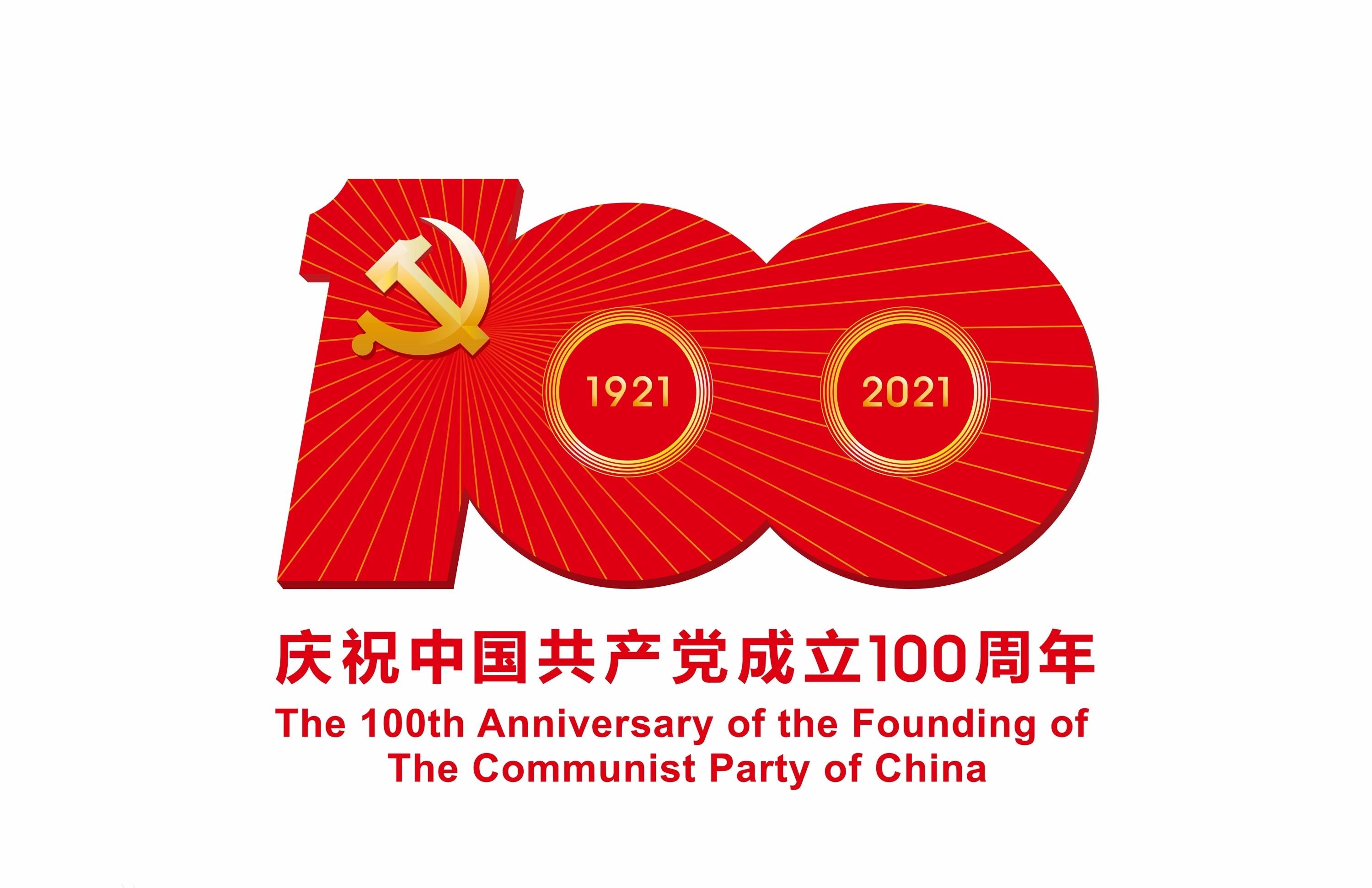
On June 3, 1951, the Guangzhou Municipal Government held a 10,000-person conference to concentrate on destroying tobacco poisons.
At the beginning of the founding of New China, the habitual thieves, habitual bandits, and drug dealers left over from the old society were still active, and tobacco, prostitution, and gambling continued to pollute society, causing serious harm. In accordance with the instructions of the Party Central Committee, the public security organs have strengthened the administration of public security and concentrated their efforts on eliminating these ugly social phenomena.
On November 12, 1949, the Second People's Congress of Beijing made the "Resolution on Closing Brothels", "decided to immediately close all brothels, concentrate all brothel owners, leaders, bustards, etc. to examine and deal with them, and concentrate on the training of prostitutes, reform their minds, cure their venereal diseases, send home those who have a home to return, help those who have married to help them get married, those who are homeless and unaccompanied, organize learning, engage in production, and confiscate the property of the brothel for the relief of prostitutes." On the evening of the 12th, the Beijing Municipal Public Security Organs, together with relevant departments, took unified action to close all 224 brothels in Beijing overnight, taking in 1,268 prostitutes, and examining and handling 454 bosses and leaders. On January 7, 1951, the Ministry of Public Security informed the whole country of the experience of the Beijing Municipal Public Security Bureau in banning brothels, and the public security organs in various places took measures to ban the prostitution system nationwide, so that prostitutes living in the depths of the water were reborn, and more than 7,000 prostitutes in Shanghai alone turned into self-supporting workers.
In February 1950, in order to guide the national anti-smoking and anti-drug work, the State Council promulgated the "Circular Order on Strictly Prohibiting Opium, Tobacco and Narcotics", which stipulated the guidelines and policies and basic tasks of the anti-narcotics work, which was supported by the people of the whole country. By the end of 1952, a total of 3996056 opium had been seized nationwide, 369705 drug offenders had been found in key anti-narcotics areas, and 82,056 drug offenders had been arrested. In only 3 years, China has basically eliminated the long-flooded tobacco and drugs, creating a unique miracle in the history of world drug control.
(Courtesy of China Police Museum)